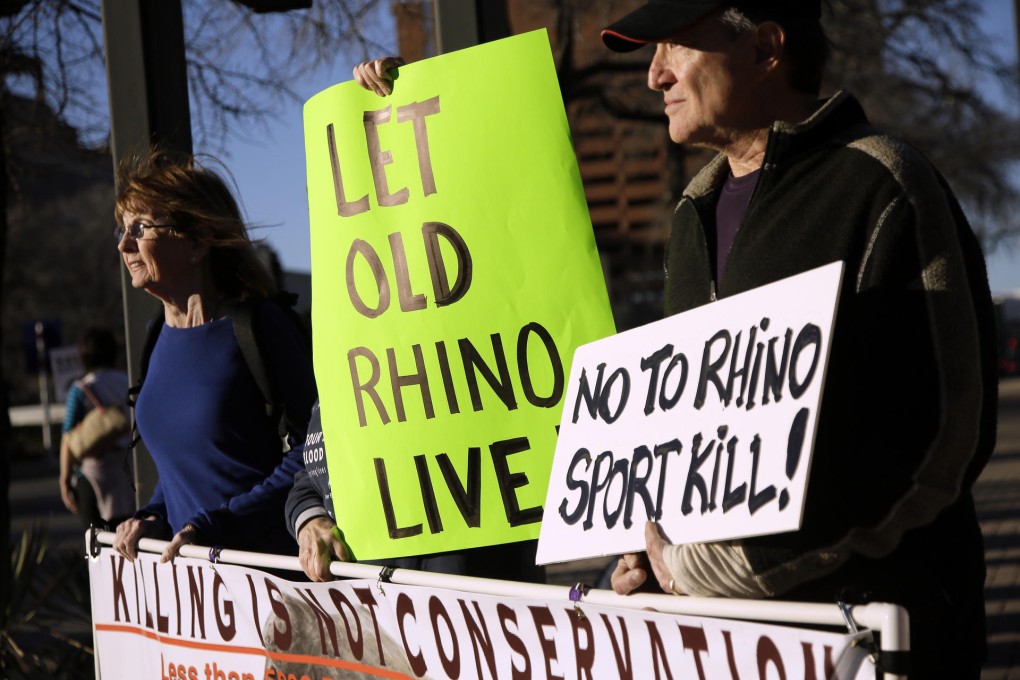
He wondered why if Hong Kong's economic freedom is the highest in the world, it does not also lead in gross domestic product per capita.
In fact, the data collected for the index does show a high correlation between economic freedom and GDP per capita.
The correlation coefficient of the two variables is 0.65, meaning that differences in economic freedom can explain a significant part of the variation among countries in GDP per capita.
Some of the variation, however, will be explained by other factors, such as resource endowments or political stability.
All the countries discussed by Holland have very high economic freedom scores, all within the top 20 per cent of countries ranked in the index. All, including Hong Kong, also have high levels of GDP per capita.